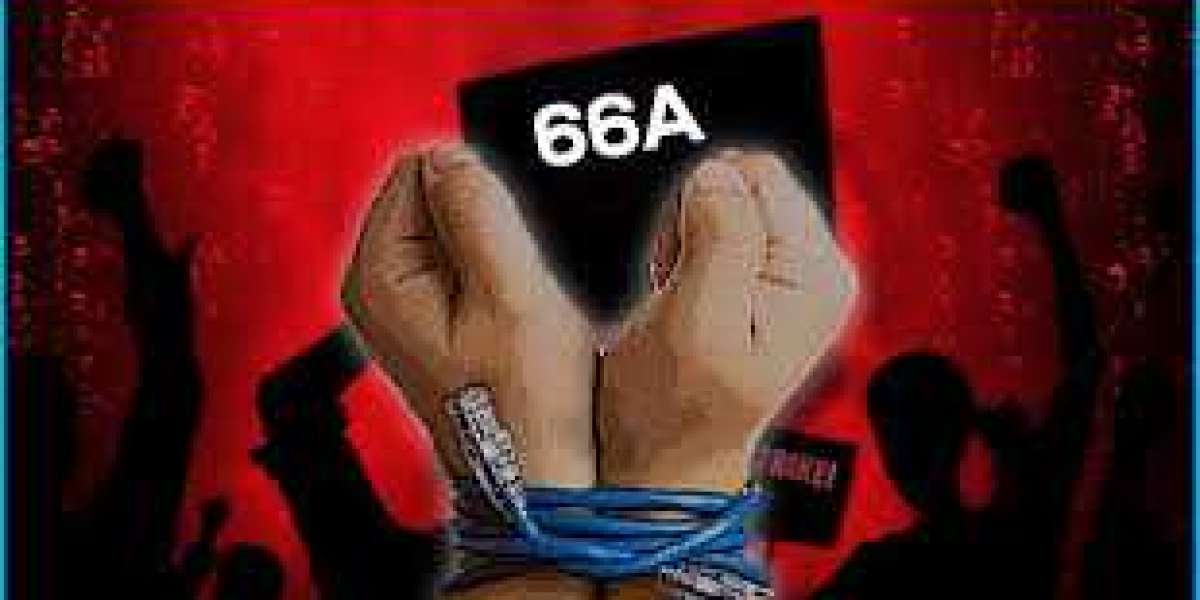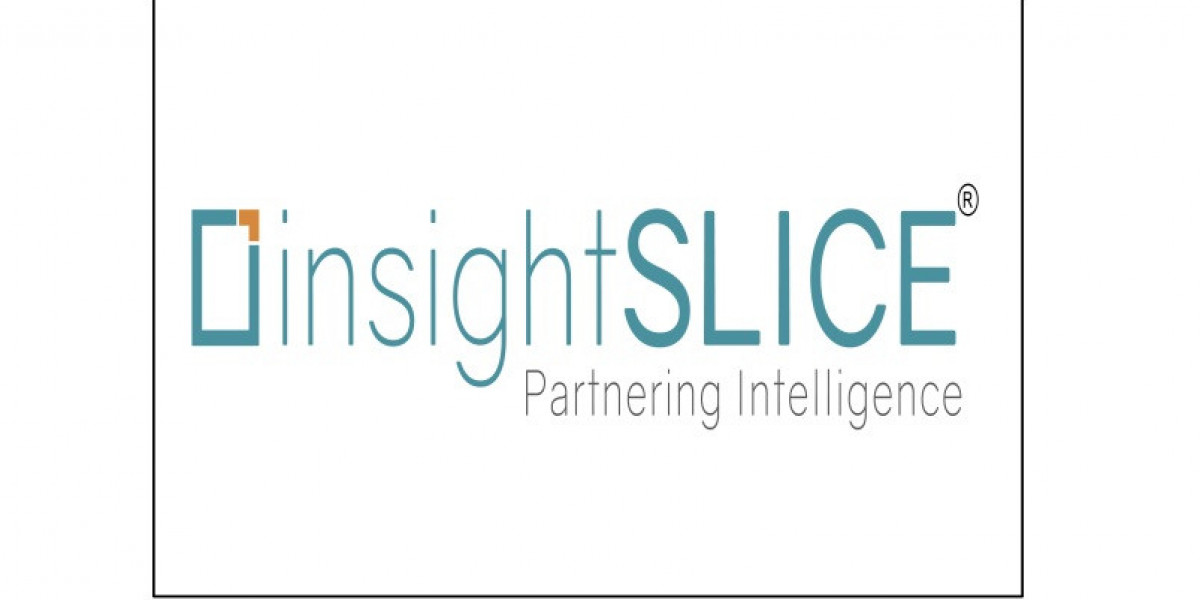Section 66A of the Information and Technology Act was struck down by the Supreme Court of India in March 2015 as “unconstitutional” in Shreya Singhal v. Union of India. This was a landmark judgement on free speech, it ensured that the strict scrutiny of standards for freedom of expression was equally applicable over the internet. The provision criminalized speech over computers or communication devices if such communication was (a) “grossly offensive or menacing” (b) where the author knows the information “to be false and meant for the purpose of causing annoyance, inconvenience, danger, obstruction, insult, injury, criminal intimidation, enmity, hatred or ill will” or “meant to deceive or mislead the recipient about the origin of such messages, etc, shall be punishable with imprisonment up to 3 years and with fine.” The wide powers of the section were frequently used to stifle political dissent. The first petition came up in the court following the arrest of two girls in Maharashtra by Thane Police in November 2012 over a Facebook post. The girl's handmade comments on the shutdown of Mumbai for the funeral of Shiv Sena chief Bal Thackeray. The arrests triggered outrage from all quarters over the manner in which the cyber law was used. Most cases of arrest were reported in 2012. Another shocking misuse of the provision came into light when the professor Ambikesh Mahapatra was arrested for forwarding caricatures on Trinamool Congress chief Mamata Banerjee on Facebook. Activist Aseem Trivedi was also arrested for drawing cartoons lampooning parliament and the constitution to depict their ineffectiveness.
The petitioner argued that it was a political tool to curtail freedom of speech and expression granted under the constitution and going far beyond the ambit of “reasonable restrictions” on that freedom. Given the above debate, the apex court struck a body blow on the basic right of free expression by striking down this provision entirely. Describing Liberty of thought and expression 'cardinal', the court said that “the public's right to know is directly affected by section 66A of the Information and Technology Act.” Justice RF Nariman, who pronounced the verdict in a packed courtroom said that the provision clearly affects the fundamental right to freedom of speech and expression enshrined in the Constitution. The bench also referred to the two judgements of UK courts which reached different conclusions on whether the material in question was offensive or grossly effective. The court further elaborated the grounds for holding the provision 'unconstitutional', the court said terms like 'annoying', 'inconvenient'. The bench also rejected the assurance given by the government during the hearing that certain procedures may be laid down to ensure that the law in question is not abused. The court said that “governments come and go but section 66A will remain forever.”
Section 66A of the IT Act as it stood was so vague that law enforcement authorities could, and did, interpret opinions liberally in a manner as being worthy of putting citizens behind bars. While the decision of the supreme court is of immense significance in protecting online free speech against arbitrary restrictions, Section 66A, which was declared unconstitutional has continued to be used as a punitive measure against online speech in several cases. One such case is from Guntur in Andhra Pradesh, why Raman was arrested by the police for personating a woman on a dating app called Locanto and asking people for money. After being scammed on Locanto himself, the accused, Verram Suman Reddy had decided to use the same app method to meet people and ask for money, and allegedly cheated 507 people of Rs. 21.58 lakh. While Reddy was booked under Section 420 (cheating) the police also registered a case under Section 66A of the IT Act (misleading people through electronic communication).







